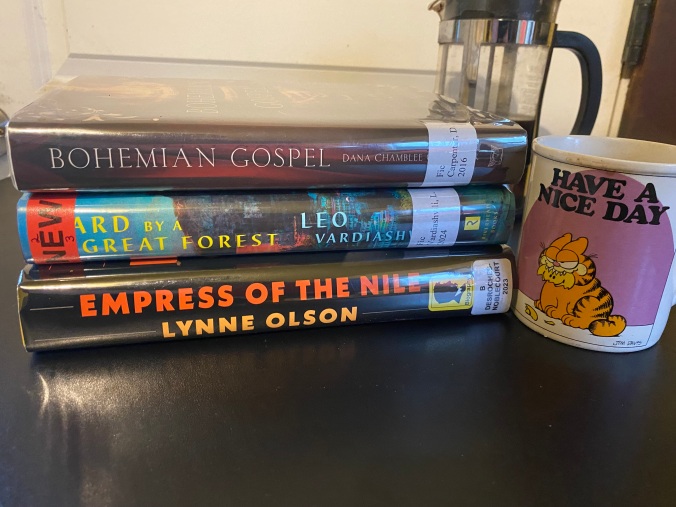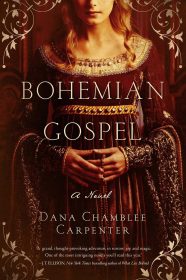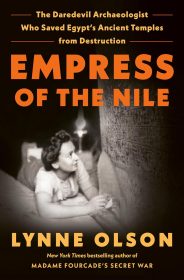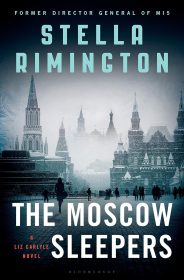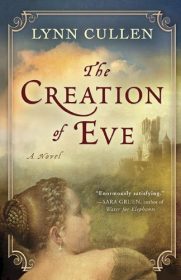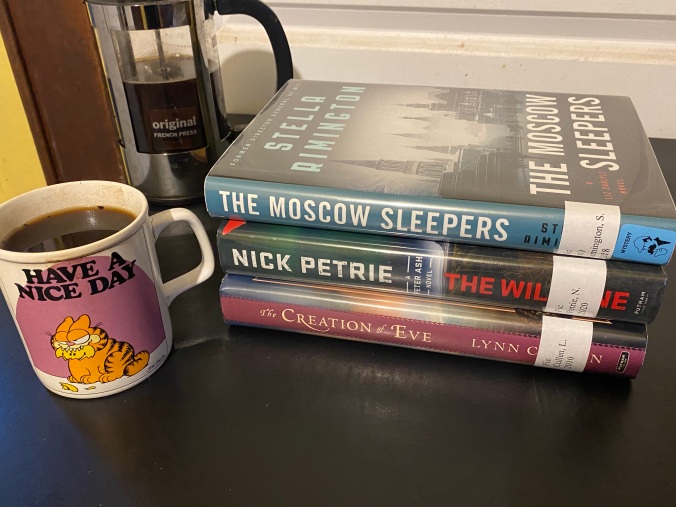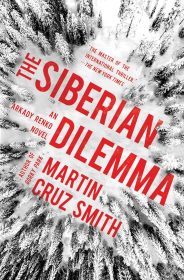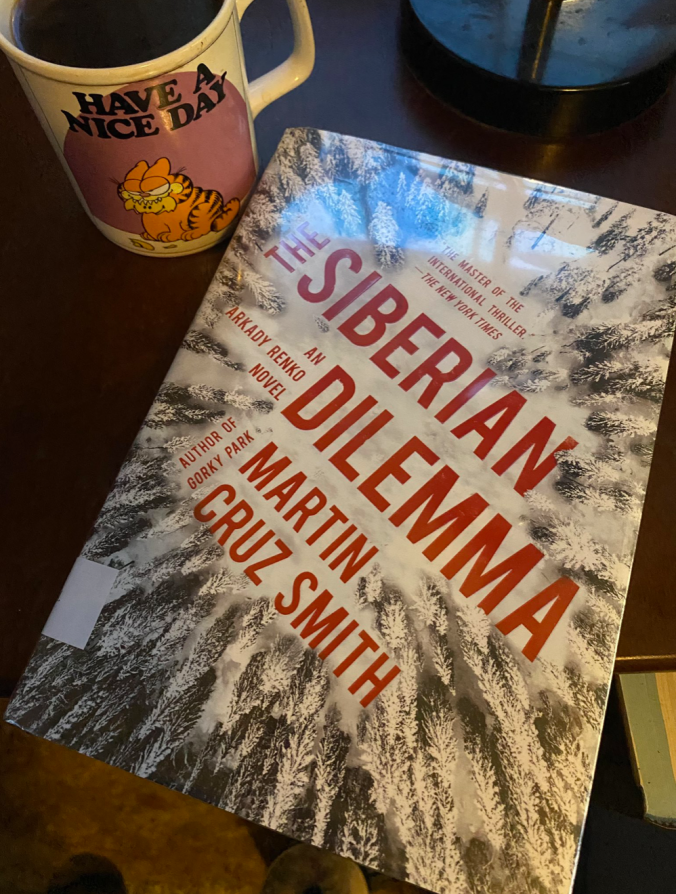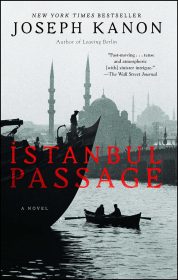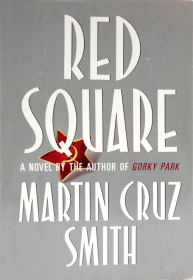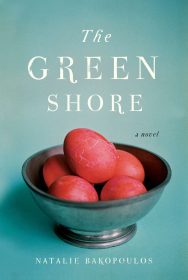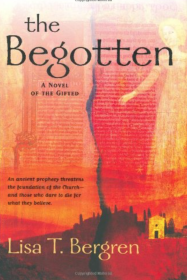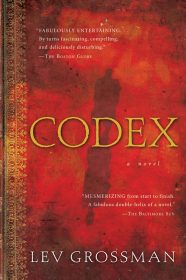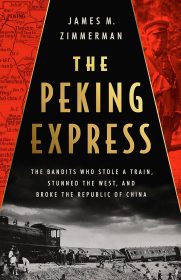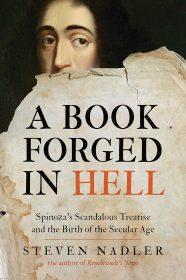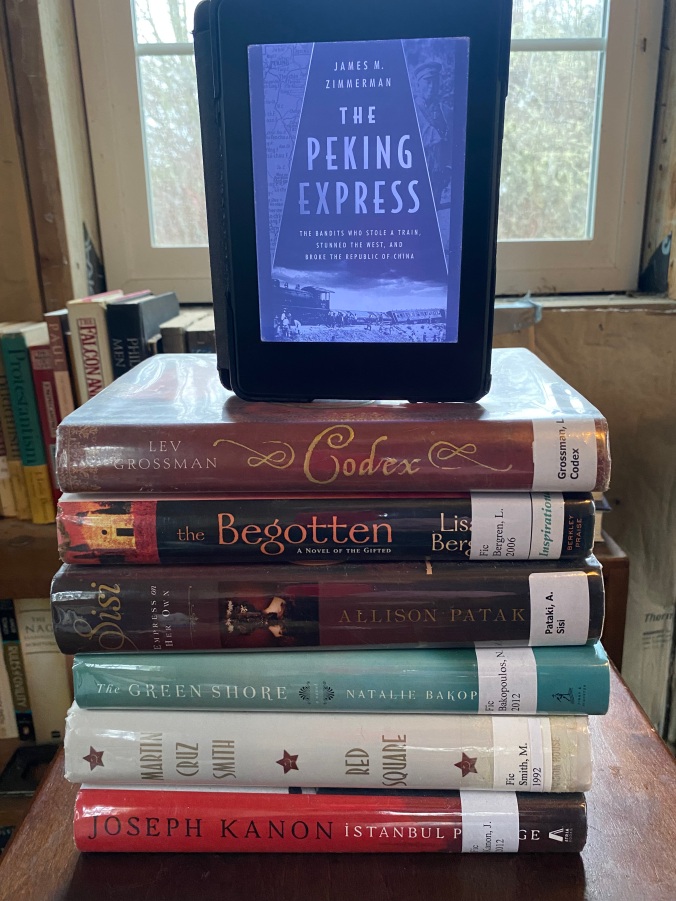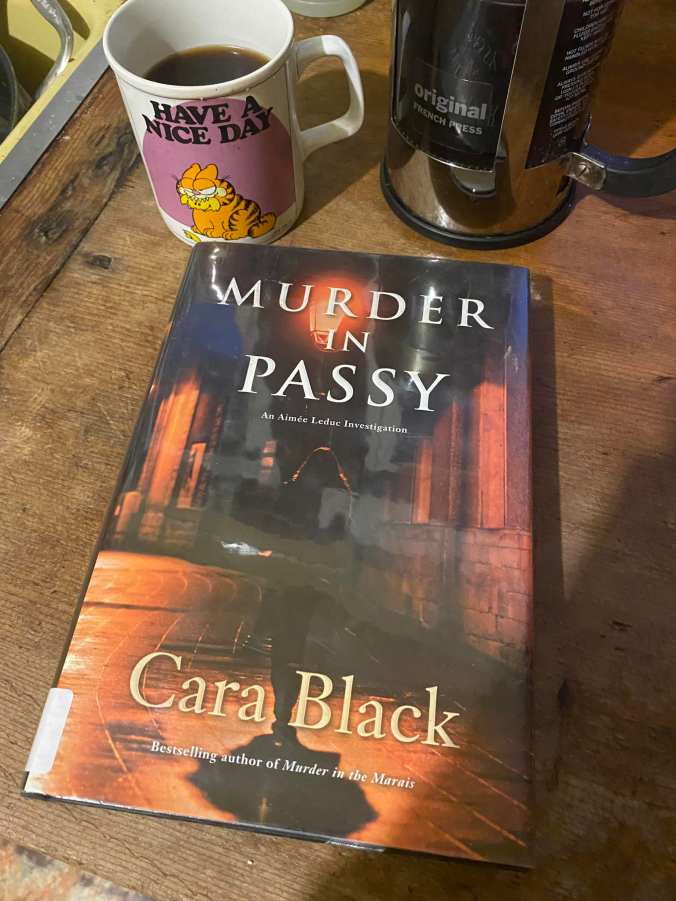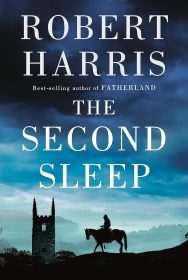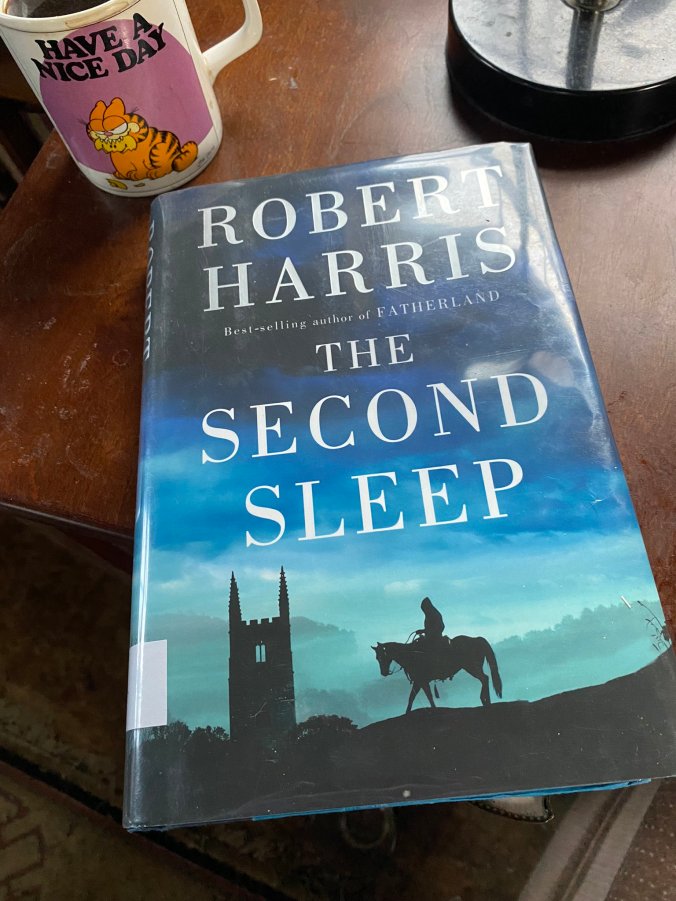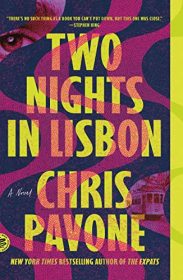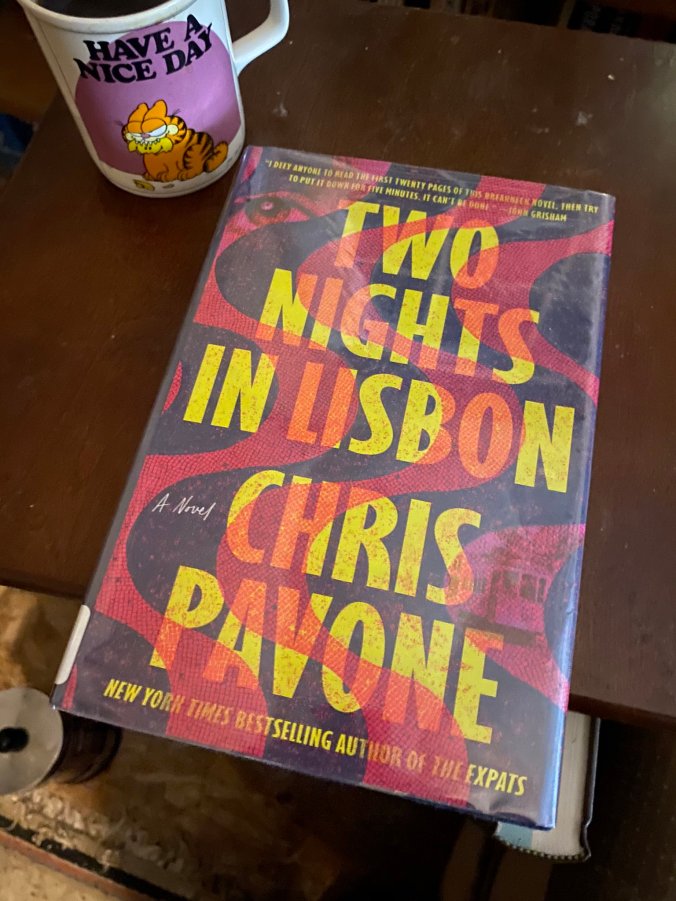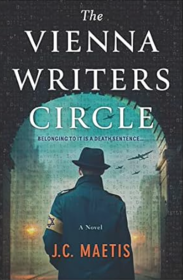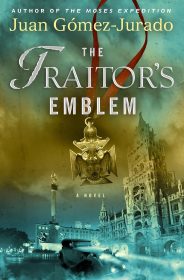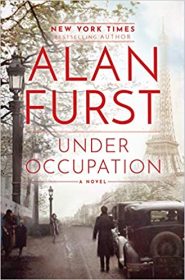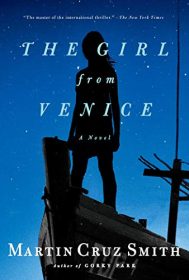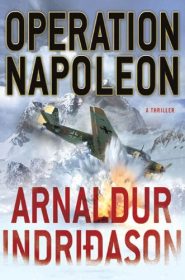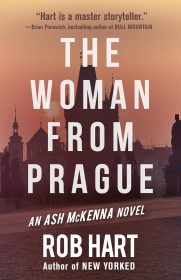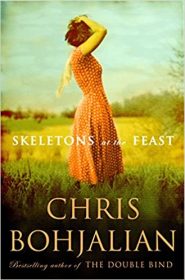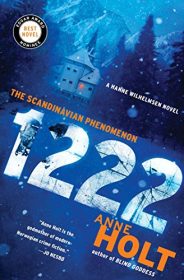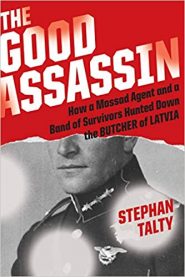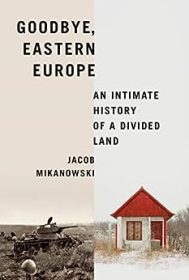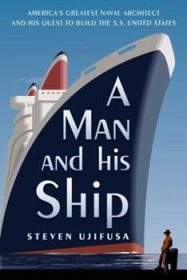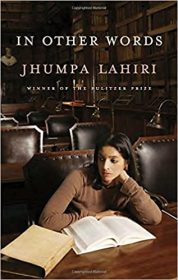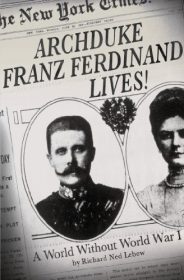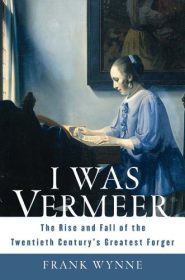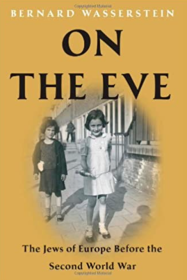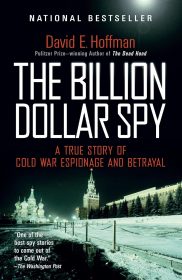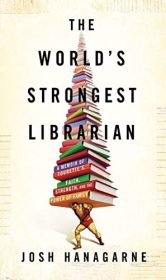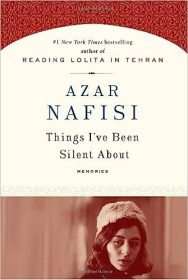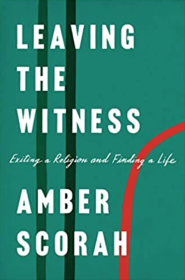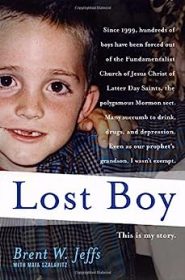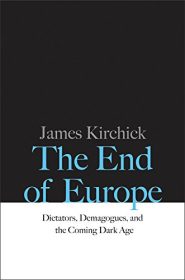 Even though I’m up to my eyeballs in library books I’m back with another Library Loot post. As always I’ll be applying these recently borrowed books towards several reading challenges, including the European Reading Challenge, Historical Fiction Reading Challenge and Nonfiction Reader Challenge. Once again I’ll need to read like crazy if I’m to put a dent in the tower of library books stacked by my reading chair. Too many books and not enough time. Story of my life!
Even though I’m up to my eyeballs in library books I’m back with another Library Loot post. As always I’ll be applying these recently borrowed books towards several reading challenges, including the European Reading Challenge, Historical Fiction Reading Challenge and Nonfiction Reader Challenge. Once again I’ll need to read like crazy if I’m to put a dent in the tower of library books stacked by my reading chair. Too many books and not enough time. Story of my life!
- Bohemian Gospel by Dana Chamblee Carpenter (2015) – I’ve been eyeing this one for months and finally decided to give it a chance. Set in 13th century Bohemia it’s perfect for both the European Reading Challenge and Historical Fiction Reading Challenge.
- Hard by a Great Forest by Leo Vardiashvili (2024) – How often do you get to read a novel set in the Republic of Georgia? This irreverent comedy of a novel is getting rave reviews.
- Empress of the Nile: The Daredevil Archaeologist Who Saved Egypt’s Ancient Temples from Destruction by Lynne Olson (2023) – I remember watching some documentary back in grade school and was fascinated seeing people scramble to dismantle a bunch of ancient Egyptian temples and relocate them to higher ground before the area was flooded by some huge dam being built on the Nile. As an adult I’m excited to learn how this unfolded and what crazy stuff went on behind the scenes.
Library Loot is a weekly event co-hosted Claire from The Captive Reader and Sharlene from Real Life Reading to encourage bloggers to share the books they’ve checked out from the library. If you’d like to participate, just write-up your post, steal the Library Loot icon and link your post using the Mr. Linky on Claire’s Blog.
